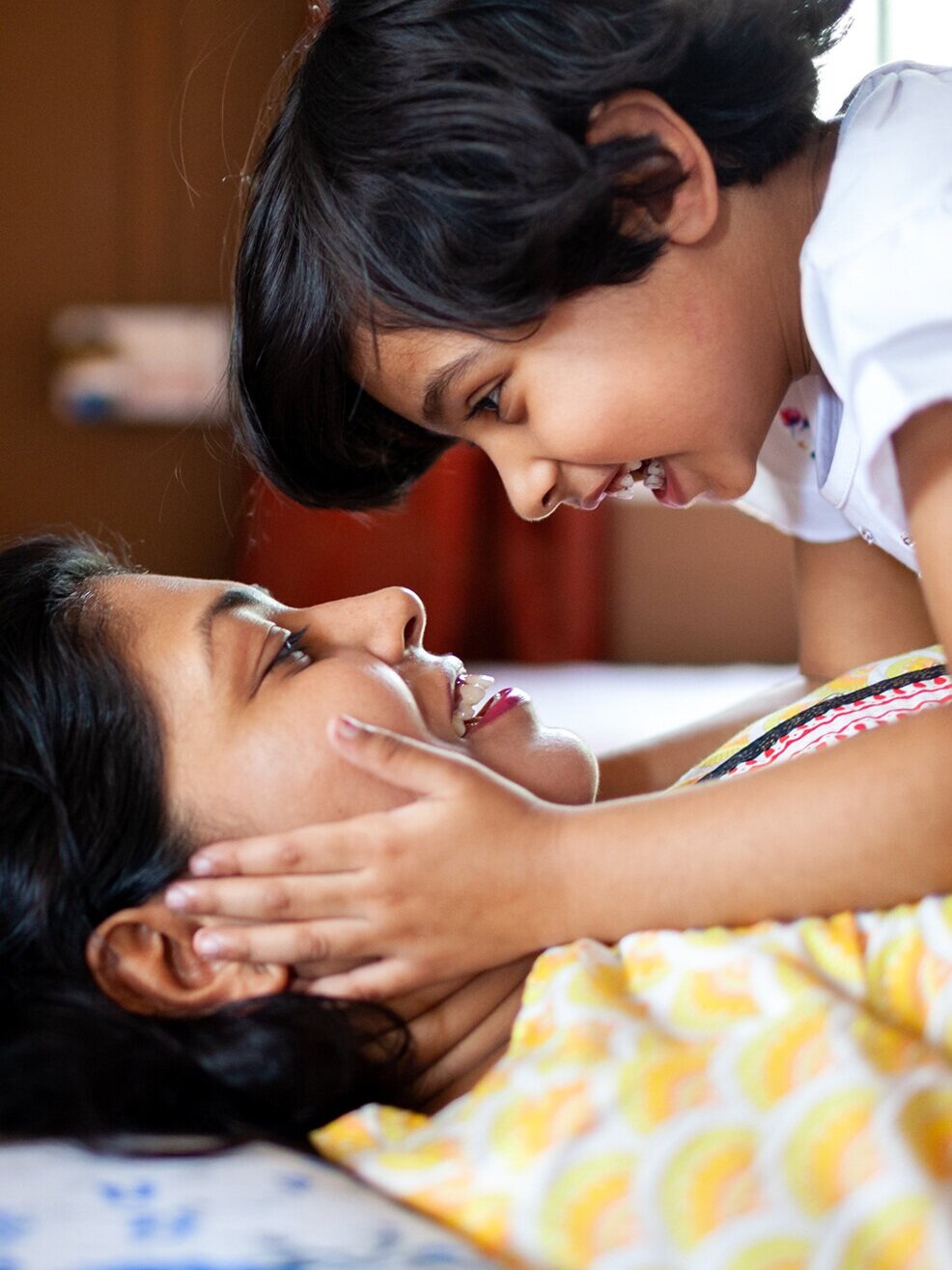As a teacher at Tarrytown United Methodist “Children’s Day Out” Preschool in Austin. . .
. . . Kelly Shaw watched countless parents struggle to adapt to the demands of the Covid-19 pandemic. She saw how desperate they were to help their children continue to grow and flourish, while having no idea how to do so. Shaw talked with many parents who were trying to homeschool while working full-time, or confronting possible job loss during a recession, all while attempting to be stable emotional guides for their children. She heard firsthand how hopeless families were getting in the wake of the crisis.
The moms in Shaw’s community told her about how alone they felt, how they thought they had no one to turn to, how they felt like “bad moms” no matter what they did. And the dads didn’t have it much easier, contending with the fear of not being enough for their families, the struggle to admit when they needed extra help, and the insecurity of not being sure what the right thing to do even was anymore. It could no longer “take a village” to raise a child. All of a sudden, you weren’t allowed to have a village: it was just you. Everyone seemed to need reassurance and a guiding hand for them and their children, but had no idea where to look for one.
Shaw knew that if the parents at her school were having these overwhelming feelings, then their children had to be having feelings that are just as real, powerful, and confusing.
Sure enough, as the first in-person school year started up, the children in her classes began bringing in complicated emotional questions and problems she’d not seen in previous years. In fact, Shaw has continued to see how children who grew up in quarantine are still struggling to develop the age-appropriate social, emotional, and language skills.
The research backs her observations: school closures increased social and emotional difficulties for children drastically (Blanden et al., 2021); lack of contact with friends and extended family left some children without a trusted adult to turn to (Newlove-Delgado et al., 2021); and cases of severe illness and death in the loved ones of children increased (Slomski, 2021; Liang, Becker and Rice, 2022). In fact, three years after initial lockdowns, we’re seeing a shocking number of studies detailing the damage to children’s lives. A recent one showed that nearly half of parents (47%) reported that their child had more socio-emotional difficulties in 2021 than in 2020, while only 1 in 6 reported an improvement (Cattan et al., 2023). These statistics highlight that the pandemic’s impact on children stretches well beyond lost learning, as well as outlining the need for social-emotional interventions on the part of qualified adults, especially in education and media.
So Shaw, using her background as a comedic television writer, began to work on a children’s TV show of her own.
She recalled the many discussions she’d had with parents who were asking for show recommendations that were “less-stimulating”, shows that provided social role models, show that were emotionally guiding for not only the children, but for families as well. There were very few to give as an answer, the focus for media companies being on kid-led academic content designed to appease nervous parents scared of their kids “falling behind”. However, Shaw paid attention to the near-constant pleas for a “Mr. Rogers” figure to be back on air, the hopelessness that anyone in media would or could step up and do the good work again.
“My vision at that point - well, and still is, I suppose - was to create a show that would provide parents with access to an educator who understood the vast emotional worlds being navigated by their children and could address them and their concerns with kindness, curiosity, and understanding, especially when their parents might not to able to.”
So “All Aboard with Ms Kelly” was born!
We are a live-action preschool series that stars Kelly Shaw as the titular host. She opens her classroom up every episode to the viewer and invites them in to share daily lessons and experiences about certain topics in their community. Ms. Kelly uses props, music, daily “field trips” to relevant places/events, and everyday classroom tasks to teach kids important life lessons in sociability, honoring their big feelings, and respecting differences.






